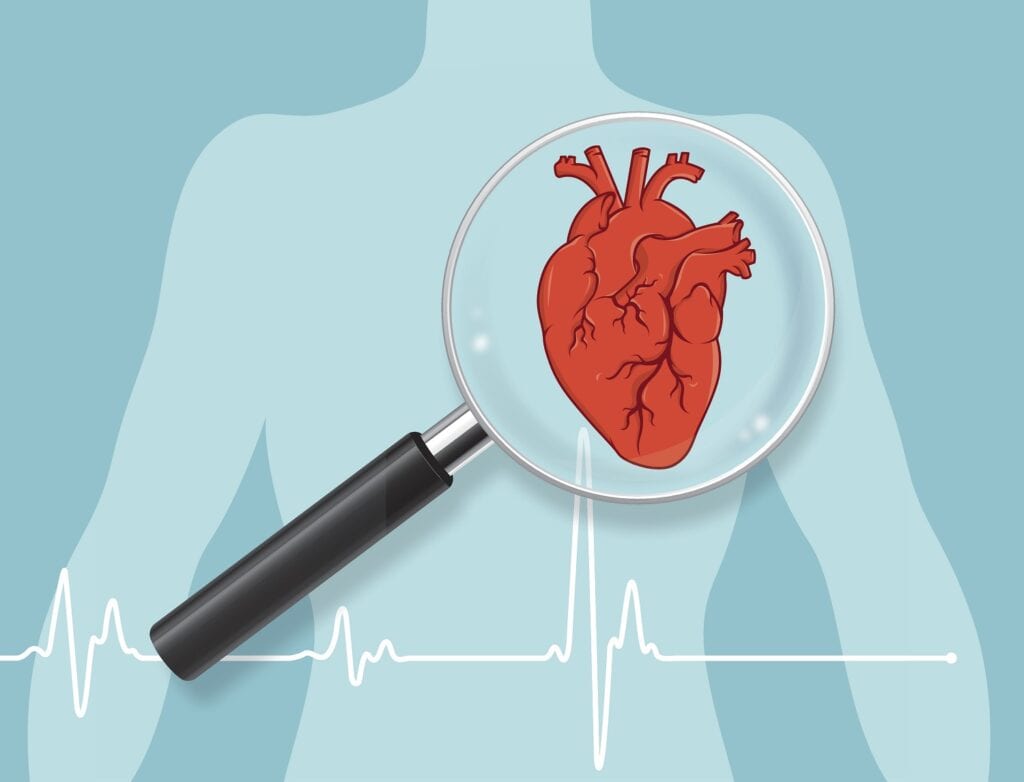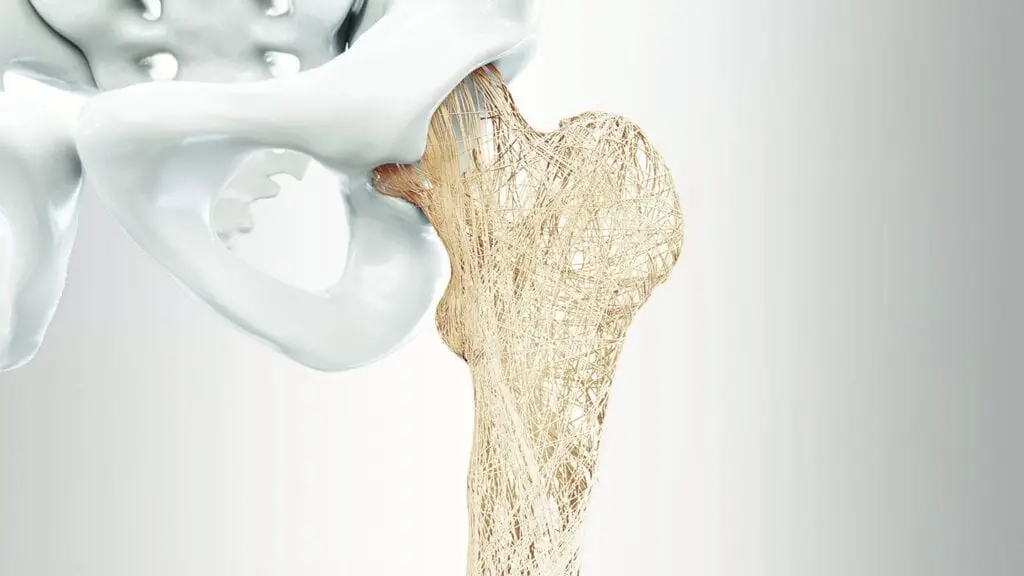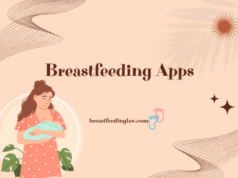Breast milk is invaluable for the baby, but not all the breastfeeding benefits should be neglected when it comes to the mother’s health in the postpartum period.
In the interest of the baby’s health and proper development, the World Health Organization proposes exclusive breastfeeding in the first six months, after which it is recommended to introduce solid foods until the second year gradually.
The only wholly natural food for newborns and babies is breast milk. Without the intention of condemning or endangering the right to choose, facts are facts, so we convey to you several scientifically confirmed reasons why breastfeeding is the healthiest choice for the child, but also the mother!
1. Delays the menstrual cycle

If you breastfeed regularly, you will delay your period. You can establish a regular cycle after six months of birth, which reduces the possibility of postnatal anemia and premenstrual tension.
2. Reduces the risk of cancer
Breastfeeding for two years or more can reduce the risk of breast cancer by 94 percent. Studies have also shown that breastfeeding has a significant role in the prevention of cervical and ovarian cancer.
3. Accelerates recovery after childbirth

During breastfeeding, oxytocin is released, which affects the contraction of the uterus, and it returns to its standard size faster, which shortens the bleeding period. Recovery after childbirth is, therefore, much quicker.
4. It affects the emotional connection of the mother with the baby
Hormones secreted during breastfeeding also affect the mother-baby relationship. Intimacy and love develop, the mother is emotionally satisfied, and the baby cries less. Also, the mother is less likely to abuse or abandon the baby.
5. Reduces the risk of developing postpartum depression

British scientists researched about 14,000 mothers and concluded that breastfeeding could halve the risk of developing postnatal depression.
6. Provides more sleep to moms
Studies have shown that breastfeeding mothers sleep an average of 45 minutes longer during the night than those who feed their baby an adapted formula.
7. Reduces the risk of cardiovascular disease

Women who breastfeed their child for a year have almost a ten percent lower risk of developing cardiovascular diseases or having a heart attack later in life. The longer the breastfeeding period, the better its health effects, as research conducted in China has shown.
8. Affects the loss of postpartum pounds
If you want to get back in shape soon, you will be happy when you hear that breastfeeding burns calories.
9. Reduces the risk and development of osteoporosis later in life

Although the amount of calcium in the bones decreases during breastfeeding, research has shown that women who breastfeed their babies are four times less likely to develop osteoporosis later in life than mothers who have not breastfed their babies.
10. Saves time, money and facilitates the organization
Breastfeeding also saves time, because you don’t have to worry about sterilizing bottles, but also about food preparation. You can breastfeed your little one anytime and anywhere you want. If you sleep with your baby, you can breastfeed during the night. Breastfeeding more often boosts your milk supply, so you won’t have to worry about having enough.
11. Stronger immunity

Studies have shown that colds, viruses, and pneumonia are much less common in breastfed babies than formula-based babies. Some studies suggest that vaccines are more effective when a baby sucks because the body has a better autoimmune response than breastmilk.
12. Lower risk of allergies and eczema
Although the quality and composition of infant formula are strictly controlled, the fact is that proteins from cow’s and soy milk, which are often found in ready-made formulas, can cause an allergic reaction. On the other hand, proteins from human milk are digested much more comfortably and reduce the risk of nervous intestines, diarrhea, and constipation in babies.
13. Are breastfed babies smarter?

Studies on this topic are not entirely reliable for now, but there is evidence to suggest that children who are breastfed in the future have a higher IQ.
14. Better connection with the child
Every baby naturally creates a bond with the mother, but such close contact, like breastfeeding, is irreplaceable.
15. You will be happier

During breastfeeding, the mother’s brain secretes the hormone oxytocin, also known as the hormone of happiness, which improves mood and makes you feel much better.
16. Weight loss
Scientists have discovered that breastfeeding can burn up to 500 calories a day so that you will return to the original line faster with breastfeeding!
17. Prevention of obesity

Breastfed babies establish better eating habits because they eat until they satisfy their hunger. They have higher concentrations of leptin and lower insulin levels in the blood than babies who are fed milk formula (leptin is considered to participate in the regulation of appetite, while insulin stimulates the production of fat in the body). Babies fed formula have gained weight faster, which is associated with the appearance of obesity later in life.
Breast milk is an ideal food for infants. It contains the optimal ratio of nutrients (macronutrients: protein, fat, carbohydrates and water, and micronutrients: electrolytes (“salts”), trace elements, and vitamins), in a form in which resorption from the digestive tract is maximally facilitated. The content of macro- and micronutrients is not constant, but changes with the child’s growth, following his needs.
Thus, a prematurely born baby, a term newborn, and an older infant do not receive milk of the same composition. Not only that, but it has been determined that babies of different sexes receive different milk – milk “for boys” contains more fat and protein than milk “for girls”! It is unclear how this difference comes about – do boys grow faster because they feed on this kind of milk, or because they grow faster, suck differently, so that “stronger” fluid is formed, or is it the influence of hormones while the baby is still in the stomach…
The children who are exclusively breastfed in the first six months of life have reduced frequency of allergic manifestations, both in infancy and later in life (the rate of eczema, food allergies, and allergic asthma in childhood.









